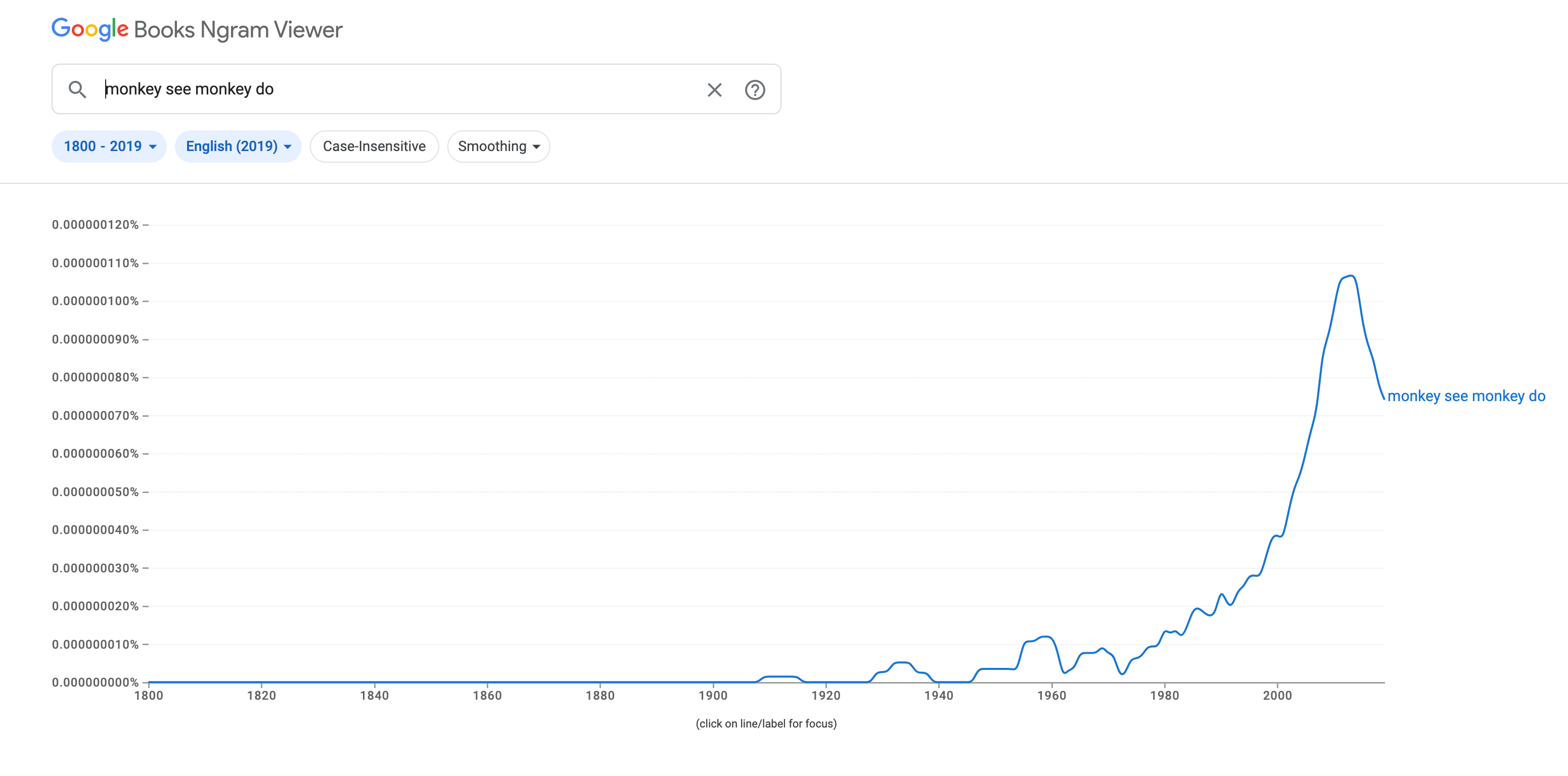食べ物や文化的な体験についての会話と地域の料理の探究は、多くの人が楽しんで行うものです。
そのため、ここケンジントン英会話では、役立つ英語表現を学び、これらのトピックについてより適切にコミュニケーションができるようにすることは非常に大切です。
そこで今日は、食べ物好きのみなさんにとって必須の言葉の一つ「local delicacy」について深く掘り下げてお話します。
「local delicacy」の意味
私たちが「local delicacy」という言葉を使うとき、特定の料理や食品が文化的または地域的に重要であることを強調しています。
通常、特定の場所の本物の風味、伝統、料理文化を表し、その独特の味と文化的重要性のために地元の人々や観光客に愛され、賞賛されます。
「local delicacy」を使った例文
「local delicacy」の使い方の例をいくつかご紹介します。
[例文]
Fukuoka is renowned for its local delicacies, such as Hakata ramen and mentaiko (spicy cod roe).
(福岡は博多ラーメンや明太子 [辛いたらこ] などのご当時グルメで有名です。)
When visiting Fukuoka, make sure to try motsunabe, a famous local delicacy consisting of offal, leek and cabbage cooked in a flavorful broth.
(福岡を訪れたら、もつ、ネギ、キャベツを旨味たっぷりのスープで煮込んだご当地グルメ「もつ鍋」をぜひ試してください。)
The street stalls (yatai) in Fukuoka offer a variety of delicious local delicacies, including yakitori (grilled skewered chicken) and Tonkotsu ramen.
(福岡の屋台には、焼き鳥 [鶏の串焼き] や豚骨ラーメンなど、美味しいご当地グルメがたくさんあります。)
食べ物に関連する他の便利な単語と表現
「local delicacy」の他にご紹介したい食に関連する便利な単語は、「cuisine」、「culinary」、「foodie」です。
「cuisine」は、国、地域、店、またはスタイルに特有の食物を意味します。
例えば、日本食のすべてについて話すとき、私たちは「the Japanese cuisine」と言います。
同様に、福岡の食べ物について話すとき、私たちは「the Fukuoka cuisine」と言います。
[例文]
I really love the Kyushu cuisine, it’s simple, cheap and delicious.
(私は九州料理が大好きです。シンプルで安くて美味しいです。)
This restaurant is famous for its creative cuisine.
(このレストランは創作料理で有名です。)
食べ物について話すときによく使うもう一つの言葉は「culinary」で、基本的に「food」や「cooking」の形容詞です。
[例文]
Motsunabe is a culinary delight!
(もつ鍋は料理の名品です!)
Hakata is a culinary paradise.
(博多は食の楽園です。)
That chef is a culinary genius!!!
(あのシェフは料理の天才です!!!)
英語ではあまり使わない言葉の一つが「gourmet」です。
使うことはありますが、日本語での「グルメ」ほど一般的には使われません。
英語では通常、食べ物が大好きな人を「a foodie」と呼びます。
私のお気に入りの「local delicacy」
私の意見では、九州料理は素晴らしく、美味しい地元の料理でいっぱいなので、九州料理の中で一番好きな食べ物を選ぶのは本当に難しいです。
もしどうしても一つの食べ物を選ばなければいけないのであれば、私は九州全域で美味しい生魚(刺身)を選ぶと思います。
実践的な英語ならケンジントン英会話
ケンジントン英会話では、教科書には載っていない、生きた表現を身に付けられます。
福岡市内の教室やオンラインで、経験豊富でフレンドリーな講師と一緒に英語を学びませんか?
実践的な英語を学びたい方はケンジントン英会話の公式サイトをチェック!
[英語原文]
Conversing about food, cultural experiences, and exploring local cuisines is something most people enjoy doing and as such learning useful English expressions to be able to better communicate about these topics is really important for us here in Kensington Eikaiwa. Today we will talk in depth about one such expression which should be in every foodie’s lingo.
Meaning of “local delicacy”
When we refer to a “local delicacy,” we are highlighting a specific dish or food item that holds significant cultural or regional importance. It usually would represent the authentic flavors, traditions, and culinary heritage of a particular place and would be cherished and celebrated by locals and tourists alike for their unique tastes and cultural significance.
Example sentences with “local delicacy”
Here are some examples of how to use “local delicacy” in a sentence.
- Ex. Fukuoka is renowned for its local delicacies, such as Hakata ramen and mentaiko (spicy cod roe).
- Ex. When visiting Fukuoka, make sure to try motsunabe, a famous local delicacy consisting of offal, leek and cabbage cooked in a flavorful broth.
- Ex. The street stalls (yatai) in Fukuoka offer a variety of delicious local delicacies, including yakitori (grilled skewered chicken) and Tonkotsu ramen.
Other useful words and expressions related to food
Some other useful words related to food that I would like to introduce are “cuisine”, “culinary” and “foodie”. Cuisine means food particular to a country, region, establishment or style. For example when we talk about all Japanese food, we can say “the Japanese cuisine”. Similarly when we talk about Fukuoka food we can say “The Fukuoka cuisine”.
- Ex. I really love the Kyushu cuisine, it’s simple, cheap and delicious.
- Ex. This restaurant is famous for its creative cuisine.
Another word we use a lot when talking about food is “culinary” which basically is the adjective of “food” or “cooking”
- Ex. Motsunabe is a culinary delight!
- Ex. Hakata is a culinary paradise.
- Ex. That chef is a culinary genius!!!
One word that we don’t use so much in English is “gourmet”. While it can be used in English, it’s not used anywhere nearly as commonly as it’s used in Japanese. In English we would usually call someone that really loves food “a foodie”.
My favourite local delicacy
It’s really hard for me to pick one Kyushu food I like the most as in my opinion the Kyushu cuisine is amazing and filled with delicious local delicacies. If I had to pick one food then I would probably pick the raw fish (sashimi) which is delicious across the whole island of Kyushu.
~*~*~*~ \ Follow me / ~*~*~*~
Instagram : @kensington_eikaiwa
Twitter : @Kensington_Eng
Facebook : @kensingtoneikaiwa
YouTube : KENSINGTON英会話
~*~*~*~*~*~*~*~*~*~*~*~*~*
◆お問い合わせはこちら
ケンジントン英会話:お問い合わせフォーム














 Reorganize (再編成)
Reorganize (再編成)




























